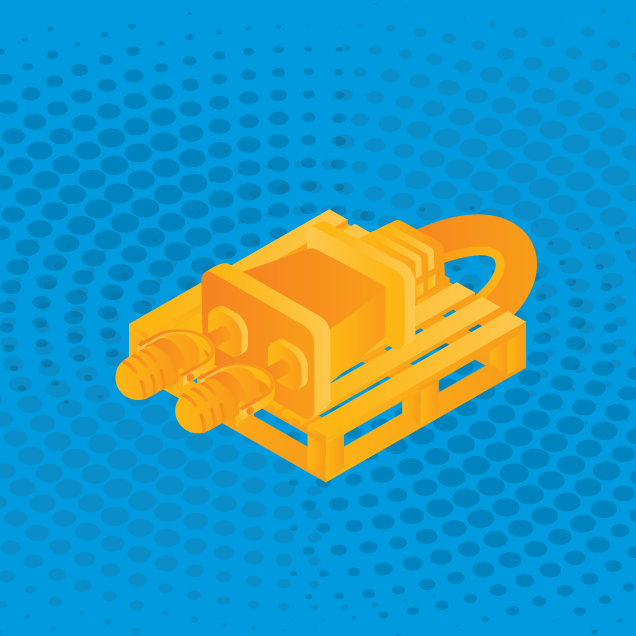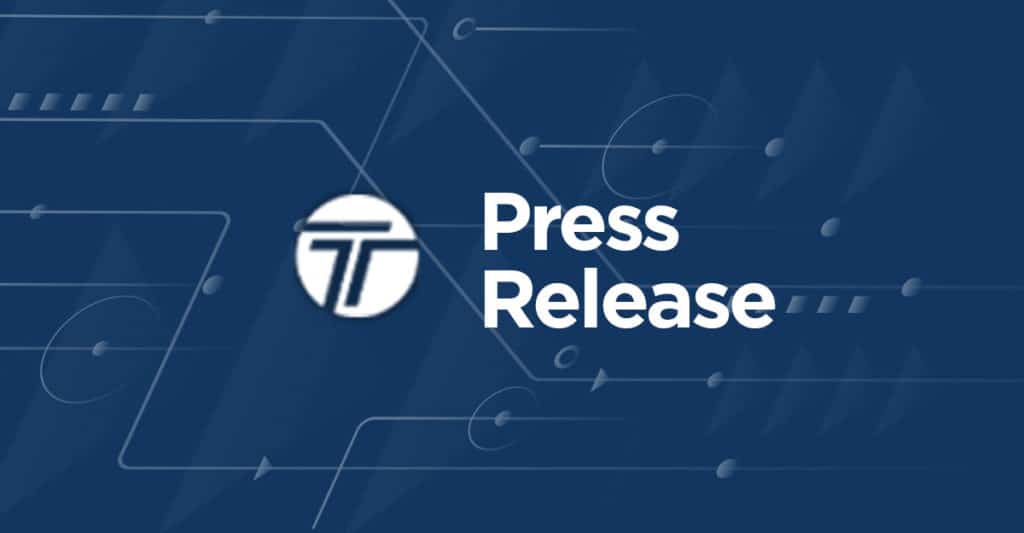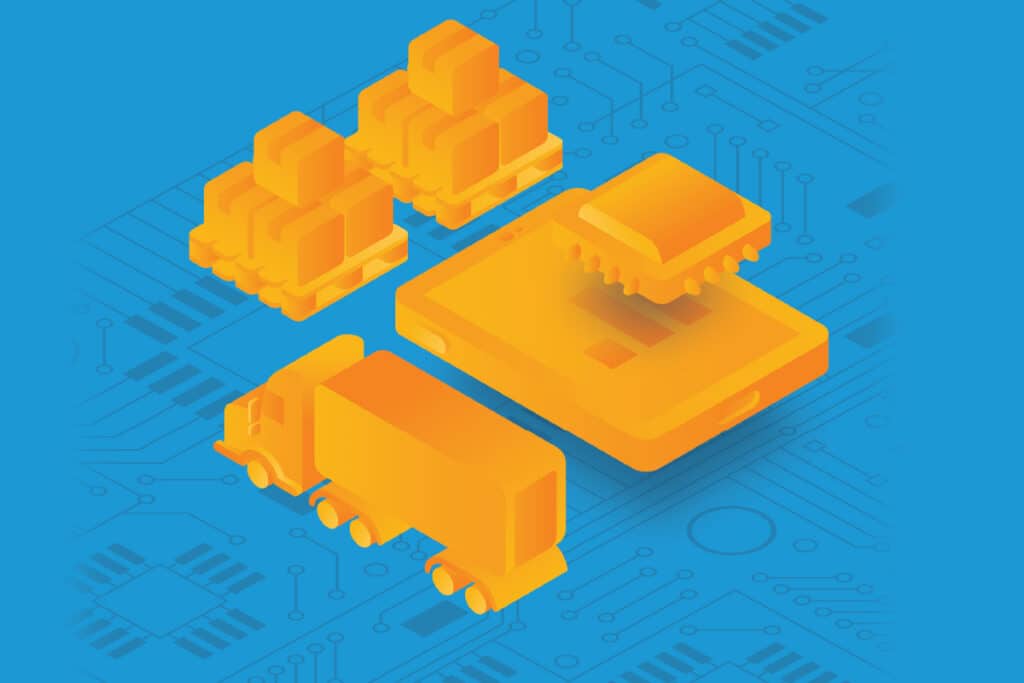
The IoT of 2017
The Internet of Things, an interconnected program that is supposed to provide unparalleled data for shippers and carriers, has certainly been a hot topic for the logistics industry. With 2016 well and truly in the past, it’s time to start looking forward to what 2017 will hold for this burgeoning system. What new changes can we expect? How do these expectations compare to what we thought the system could do for us in the past? With a new partnership between Intel’s logistics platform and Honeywell’s hardware and cloud services, the IoT is beginning to really take shape.
What new changes can we expect?
The Partnership
The newly formed partnership, announced last Thursday, will marry Intel’s connected Logistics platform to Honeywell’s Connected Freight Solution. Data gathered by this new system will allow shippers to track products from start to finish. However, this system ranges far beyond the simple tracking capabilities of a truck or pallet. Users will be able to track a number of different variables including: temperature, shock, vibration, tilt, humidity, pressure, and exposure to light. If freight gets damaged during transit, a shipper will be able to know when, where, and how it happened. That alone can prove invaluable when it comes to preparing damage audits and projecting yearly PNLs.
Data gathered by this new system will allow shippers to track products from start to finish.
With data being tracked by a number of low cost sensors, part of the Intel/Honeywell package, users will have access not only to data on demand, but data that is pre-drilled down to useful data points that a company can act on.
Past Predictions for the IoT
While there have always been high hopes for the IoT, the expectations for it’s potential have changed throughout the past few years.
“Several years ago the market for connected products and services was promising eye popping growth numbers of up to 100 billion units. Today, a majority of forecasts show a more tampered 20 billion or 30 billion units (while a few others say we are saying we are still severely underestimating size of impact),” according to an article from Postscapes regarding IoT market forecasts.
Cyber security is also expected to become a boom market
What’s interesting to note from this article is that while the IoT is expected to grow by leaps and bounds, it’s not a standalone technology. Included in these forecasts is also expectations for sensor technology, cloud computing, and cellular capabilities will also continue to grow and expand. Cyber security is also expected to become a boom market as the sensitivity of data continues to rise.
On the Rise for 2017
So what can we expect for the IoT for 2017 and points beyond? Forbes has quite a few predictions that are worth considering. For starters, this year is going to see a lot of shake ups as new companies trying to get in on the game either make the cut, or get swallowed up by larger, more stable companies. As the IoT is now past proof-of-concept, there will soon be regulations and standardization to contend with as well. These regulations won’t be static either, as the technology continues to grow and evolve so will the standards being applied to them. As the IoT continues to grow and take shape, companies will need to embrace the new technology swiftly or fall behind the competition as supply chains and logistics fully enter into the digital realm.
Companies will need to embrace the new technology swiftly or fall behind the competition

